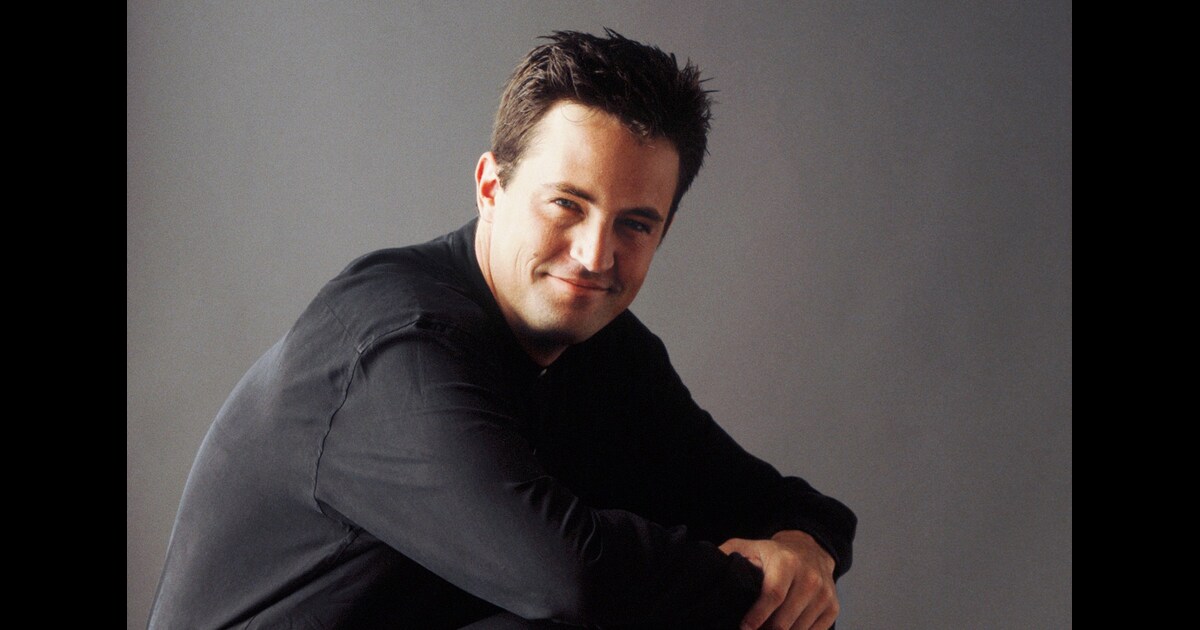The recent passing of actor Matthew Perry has prompted millions of fans to grieve, and mental health experts shed light on the reasons behind grieving celebrity deaths. Despite never having met the star in person, fans often form deep emotional connections with celebrities, attaching themselves to the idea of the celebrity rather than the individual.
Why We Grieve Celebrity Deaths: Unraveling the Emotional Bonds
Dr. Aniesa Hanson, a therapist, explains that our emotional bonds with influential figures are rooted in the projection of what we need them to be during pivotal moments in our lives. It’s the persona we connect with, not the person themselves, as we never truly knew them in real life.
Furthermore, certain celebrities become intertwined with our youth and often fulfill roles as mentors or support figures we may have lacked. They serve as a source of support and become integral to our lives. When they pass away, a part of us feels the loss as well.
Celebrities and their work leave enduring impressions on us, particularly when we connect with them during critical life moments. The death of an actor can evoke memories of the roles they portrayed, triggering recollections of those times in our own lives.
Psychotherapist Tom Kersting emphasizes the importance of focusing on positive memories associated with the celebrity’s work and impact on our lives rather than dwelling on the sadness of their passing.
Celebrities are often elevated to an almost godlike status, and we tend to disconnect from their humanity. This can make their deaths even more confusing and emotionally challenging.
Hanson notes that because we form distant bonds with celebrities, we tend to immortalize them through nostalgic experiences, making it difficult for us to perceive them as the mortals they truly are.
While the experts emphasize the validity of these feelings of grief, even if they stem from admiration from afar, they suggest seeking professional help if the grief becomes overwhelming. Mourning the death of a beloved celebrity is just as significant as any other loss. Ignoring these feelings won’t hasten the grieving process and may even impede it.








Leave a Reply
You must be logged in to post a comment.